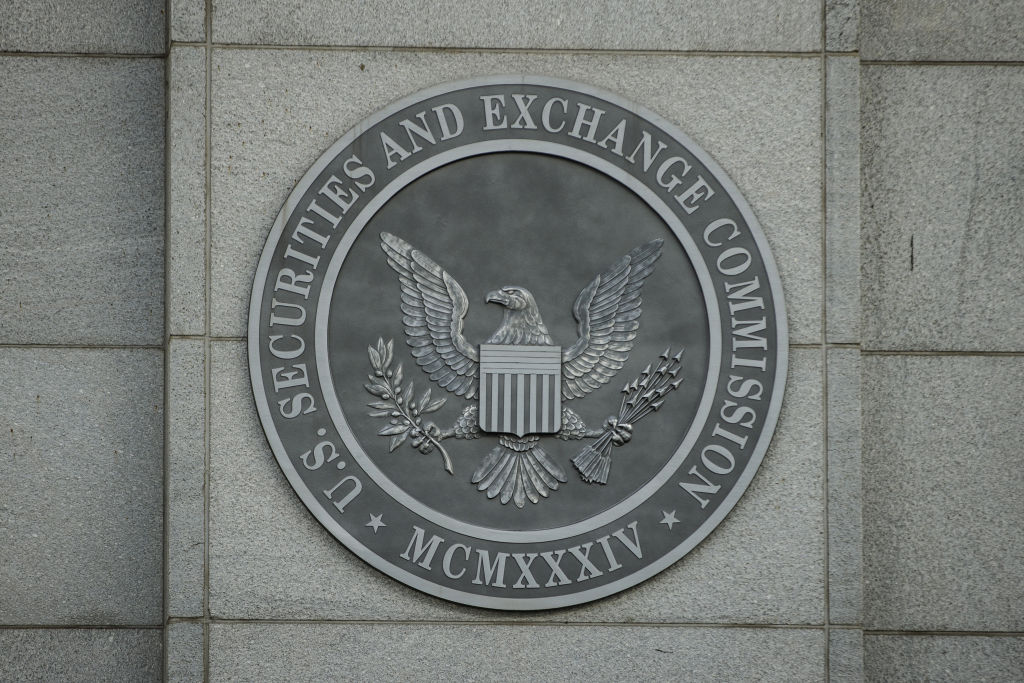
(To get this story in your inbox, subscribe to the TIME CO2 Leadership Report newsletter here.)
For the past two years, proposed climate disclosure rules from the Securities and Exchange Commission (SEC) have occupied a central place in the conversation around business and climate. Climate advocates have pushed the agency to adopt the most stringent rules possible. Many business groups (though not all of them) have argued the potential regulation is too costly. I’ve covered the issue multiple times in this newsletter.
On Wednesday, the SEC at last moved forward, voting to finalize a rule that would require some publicly traded companies to disclose emissions and climate risks when they pose “material” challenges to a company’s business. While climate advocates praised it as an important step forward, the final rule omitted many of the most stringent requirements included in the SEC’s first proposal. Gone are the requirements that companies disclose what are known as scope three emissions—or emissions that come from the supply chain or the end use of a company’s products. Critics had pointed out that such data is complicated and hard to collect.
Despite being termed a “final rule,” the fight over the U.S. approach to climate disclosure is in many ways just beginning. A case before the U.S. Supreme Court threatens to erode the authority of federal agencies—a move that could directly hinder the SEC’s climate disclosure rule. And no matter the outcome in that case, corporate lobbies and conservative states are widely expected to sue, potentially delaying or even chipping away at it.
In that environment, it would be easy for companies to sit back and wait to see how the dynamic shakes out before investing resources in compliance. But as I’ve written before, the SEC rule is just one data point in a global picture that is trending toward climate disclosure. Countries from the United Kingdom to Singapore are pursuing their own regimes. And the European Union’s climate disclosure regulations will be particularly relevant for many U.S. companies. The rules took effect this year and will expand to thousands of U.S. companies that do business in the bloc in 2025. They are also far more stringent than the SEC’s. And then there’s California. The state is pursuing its own disclosure regime, which other states could soon replicate.
With all that in mind, a case remains to get ahead of the curve. No matter how the battle over the SEC rule shakes out, large companies are bound to face disclosure rules sooner or later.
More Must-Reads from TIME
- Donald Trump Is TIME's 2024 Person of the Year
- Why We Chose Trump as Person of the Year
- Is Intermittent Fasting Good or Bad for You?
- The 100 Must-Read Books of 2024
- The 20 Best Christmas TV Episodes
- Column: If Optimism Feels Ridiculous Now, Try Hope
- The Future of Climate Action Is Trade Policy
- Merle Bombardieri Is Helping People Make the Baby Decision
Write to Justin Worland at justin.worland@time.com